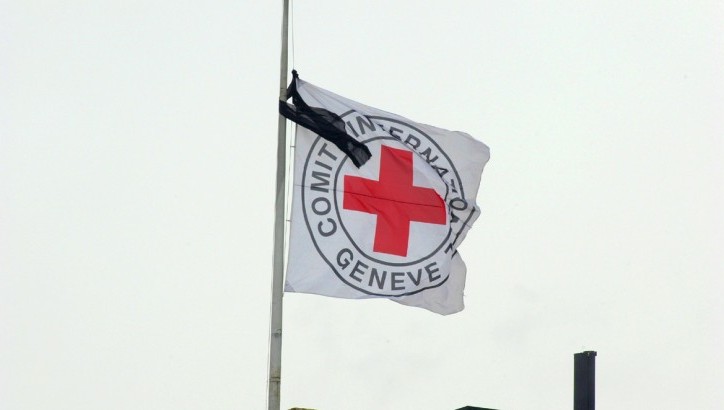UNGA: Political leadership needed to resolve humanitarian crises
(New York) - Peter Maurer, President of the International Committee of the Red Cross (ICRC), will lead a delegation to the UN General Assembly High Level week, calling on world leaders to show political leadership on humanitarian crises.
"At a time when multilateral diplomacy seems to be failing, world leaders must work harder to minimize people's suffering during and in the wake of war," Peter Maurer said. "The ICRC sees on the ground how humanitarian needs continue unabated, even if the military frontlines have moved on. We urge political leaders this week to broker new solutions to bring conflicts to an end."
ICRC's delegation to the UN General Assembly will also include Yves Daccord, Director General, Robert Mardini, ICRC's Permanent Observer to the United Nations, and Patricia Danzi, Regional Director of Africa Operations.
The ICRC will participate in High-Level panels on Syria, Yemen, Myanmar, and South Sudan, among other key issues, as well as conduct meetings with UN Member states, to ensure they protect civilians in war as a priority.
"ICRC is an apolitical organization but we are affected by political decisions," Mr. Maurer said. "But it is civilians who bear the brunt of political decisions -indiscriminate attacks, through detention or ill-treatment that spark further cycles of violence, or the pain of family separation. We're here to press upon leaders that they can do more to end suffering."
There are practical ways that leaders can do this:
1. Make sure battles are not waged as collective punishment. The way hostilities are conducted - indiscriminate and disproportionate attacks in urban areas or the targeting of civilian services and infrastructure - matters. How can victors keep the peace if people feel they have violated the law or the basic humanity of local citizens?
2. Help citizens rebound by taking decisive steps to ensure economic opportunity. People know how best to help themselves. Outside aid should put choice and power in the hands of people affected, as they will be the ones to rebuild their communities and restart employment and businesses.
3. Assist in the movement of people back home: with conditions. We welcome the Global Compact on Migration but remember that people should only return home if - and only if - the security situation there is stable and they choose to do so.
4. Prioritize the reunification of separated families and facilitate the flow of information on the fate of the missing and dead. Some conflict legacies span generations. Leaders can act now to give answers and closure to hundreds of thousands families with missing relatives.
5. Treat detainees humanely. The way people are detained matters profoundly for the future. We can choose to stop cycles of revenge before they begin, or we can ignore ill-treatment and contribute to further hatred, resentment, and violence.
6. Countries that support parties to armed conflicts must use their influence to bring those who fight to an attitude of respect for international humanitarian law. Lawful battlefield behavior lies first with fighters and commanders but also with those who support them, in particular by providing arms.
